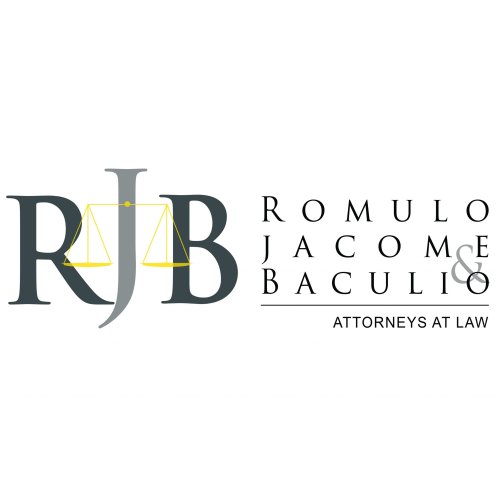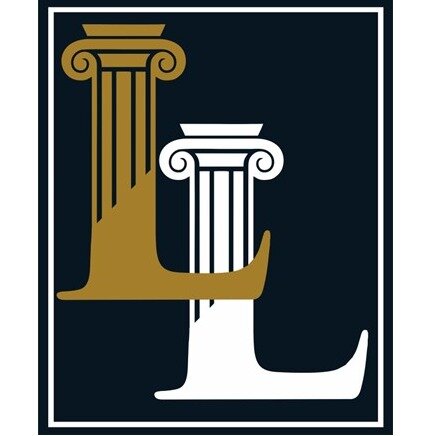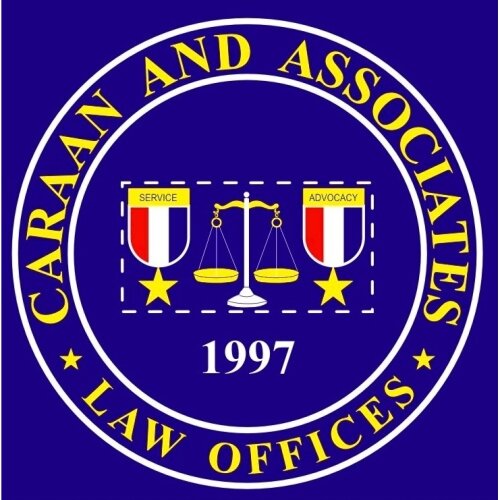Best Business Lawyers in Manila
Share your needs with us, get contacted by law firms.
Free. Takes 2 min.
List of the best lawyers in Manila, Philippines
Philippines Business Legal Questions answered by Lawyers
Browse our 4 legal questions about Business in Philippines and read the lawyer answers, or ask your own questions for free.
- Where can we have papers notarized?
- Affidavit of auto deduct from our company. We will just need to have 2papers be notarized.
-
- Transfer little business to Philippines
- Hello, I am in Germany and would like to move to the Philippines in a few years. I have an apartment there as an investment and am currently running a part-time T-shirt print-on-demand business, which earns me around €500 per month. Unfortunately, there is not much left over due to... Read more →
-
Lawyer answer by Law Office Attorney SVETISLAV STOJANOSKI, LL.M.
You can do the same in Macedonia even the taxes are the lowest in Europe (and in EU), you can also be the owner and manager of your company registered in Macedonia without living in Macedonia. If you want me...
Read full answer - USA Owned Corporation call center
- I need to get a Corporation set up in the Philippines. Myself and my lawyer here in the USA want to start a call center for passing information between Lawyers and Doctors in The USA. We will only employ Filipino Employees. I will be be CEO and President of the... Read more →
-
Lawyer answer by Atty. Rainier Mamangun
Our Law Firm, established in 2004, has been providing services to a multitude of clients in the areas of Company Formation, Corporate Services, Mergers & Acquisitions, Corporate Finance & Securities, Information Technology, Labor Relations & Employment, Litigation & Dispute Resolution,...
Read full answer
Philippines Business Legal Articles
Browse our 1 legal article about Business in Philippines written by expert lawyers.
- Managing Labor Inspections for BPOs in the Philippines
- Managing Labor Inspections for BPO Companies in the Philippines The Department of Labor and Employment (DOLE) conducts unannounced inspections to verify compliance with General Labor Standards and Occupational Safety and Health standards. BPO companies must maintain meticulous payroll records covering the past three years to prove payment of night shift... Read more →
About Business Law in Manila, Philippines
Business Law in Manila, Philippines encompasses all laws that dictate how to start a business, run a business, or buy or sell a business. Business laws outline the ways you can set up your business, such as a partnership, limited liability company, or corporation. They also guide transactions, employment, royalties, tax, and international trade. The Philippines looks favorably upon foreign investment, offering numerous incentives and benefits for doing business in the country. However, there are specific compliance requirements and regulations that must be followed, and this is where business law becomes relevant.
Why You May Need a Lawyer
Whether you are starting a company, dealing with contracts, participating in joint ventures, need guidance in tax structures, or navigating labor disputes, a lawyer can provide essential guidance. A lawyer will ensure that your venture complies with all federal, state, and local laws, preventing any penalties or legal issues down the road. They can also help in handling bureaucratic red tape and licensing. Lawyers are crucial when dealing with complex contracts, ensuring all terms are legally sound and your business interests are protected.
Local Laws Overview
The Philippines' business law sphere includes laws such as the Corporation Code of the Philippines, the Civil Code of the Philippines, the Labor Code, and various specific industry regulations. Understanding local laws is crucial for business survival and growth. From following proper registration procedures, adhering to sanitation laws, ensuring compliance with tax laws, and adhering to labor regulations - an extensive variety of laws govern the business landscape. It’s important to ensure you are well-versed in both national and local regulations.
Frequently Asked Questions
What type of business entities can I establish in Manila?
Manila permits several types of business entities, including sole proprietorships, partnerships, corporations, branch office, representative office, and regional headquarters.
What are the limitations on foreign ownership?
Foreign ownership in certain industries are regulated and limited; however, a fully foreign-owned domestic corporation may established as long as it observes specific financial and staffing requirements.
What is the regulatory authority for businesses in Manila?
The primary regulatory authority for businesses in the country is the Securities and Exchange Commission in the Philippines (SEC).
What are the labor laws related to businesses?
Manila and Philippines as a whole have comprehensive labor laws that protect employees' rights and ensure their welfare. This ranges from fair remuneration to leaves, overtime, and separation pay.
How are contracts enforced?
Contract enforcement is done through the courts in Manila. If a disputed contract falls under Manila jurisdiction, it will be subjected to the local courts and laws.
Additional Resources
There are several helpful resources for understanding Business in Manila. The Philippine Chamber of Commerce and Industry (PCCI), the Manila city government website, and the Philippine Securities and Exchange Commission's website offer detailed information regarding Business laws and regulations.
Next Steps
If you find yourself in need of legal assistance in Business in Manila, consider consulting with a legal professional. Choose a lawyer who specializes in business law and has experience working within your specific industry. Ensure that your chosen lawyer understands local - Manila and national Philippine laws, as both may be relevant to your business. Remember, having a thorough understanding of these laws will help ensure the smooth operation of your business and protect you from any unexpected legal issues.
Lawzana helps you find the best lawyers and law firms in Manila through a curated and pre-screened list of qualified legal professionals. Our platform offers rankings and detailed profiles of attorneys and law firms, allowing you to compare based on practice areas, including Business, experience, and client feedback.
Each profile includes a description of the firm's areas of practice, client reviews, team members and partners, year of establishment, spoken languages, office locations, contact information, social media presence, and any published articles or resources. Most firms on our platform speak English and are experienced in both local and international legal matters.
Get a quote from top-rated law firms in Manila, Philippines — quickly, securely, and without unnecessary hassle.
Disclaimer:
The information provided on this page is for general informational purposes only and does not constitute legal advice. While we strive to ensure the accuracy and relevance of the content, legal information may change over time, and interpretations of the law can vary. You should always consult with a qualified legal professional for advice specific to your situation.
We disclaim all liability for actions taken or not taken based on the content of this page. If you believe any information is incorrect or outdated, please contact us, and we will review and update it where appropriate.
Browse business law firms by service in Manila, Philippines
Manila, Philippines Attorneys in related practice areas.

















